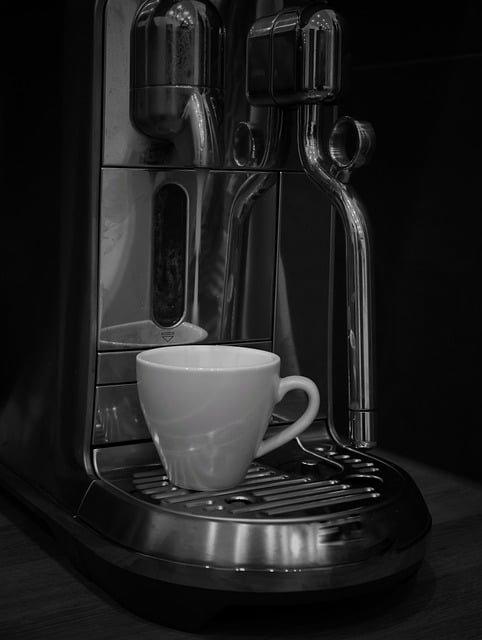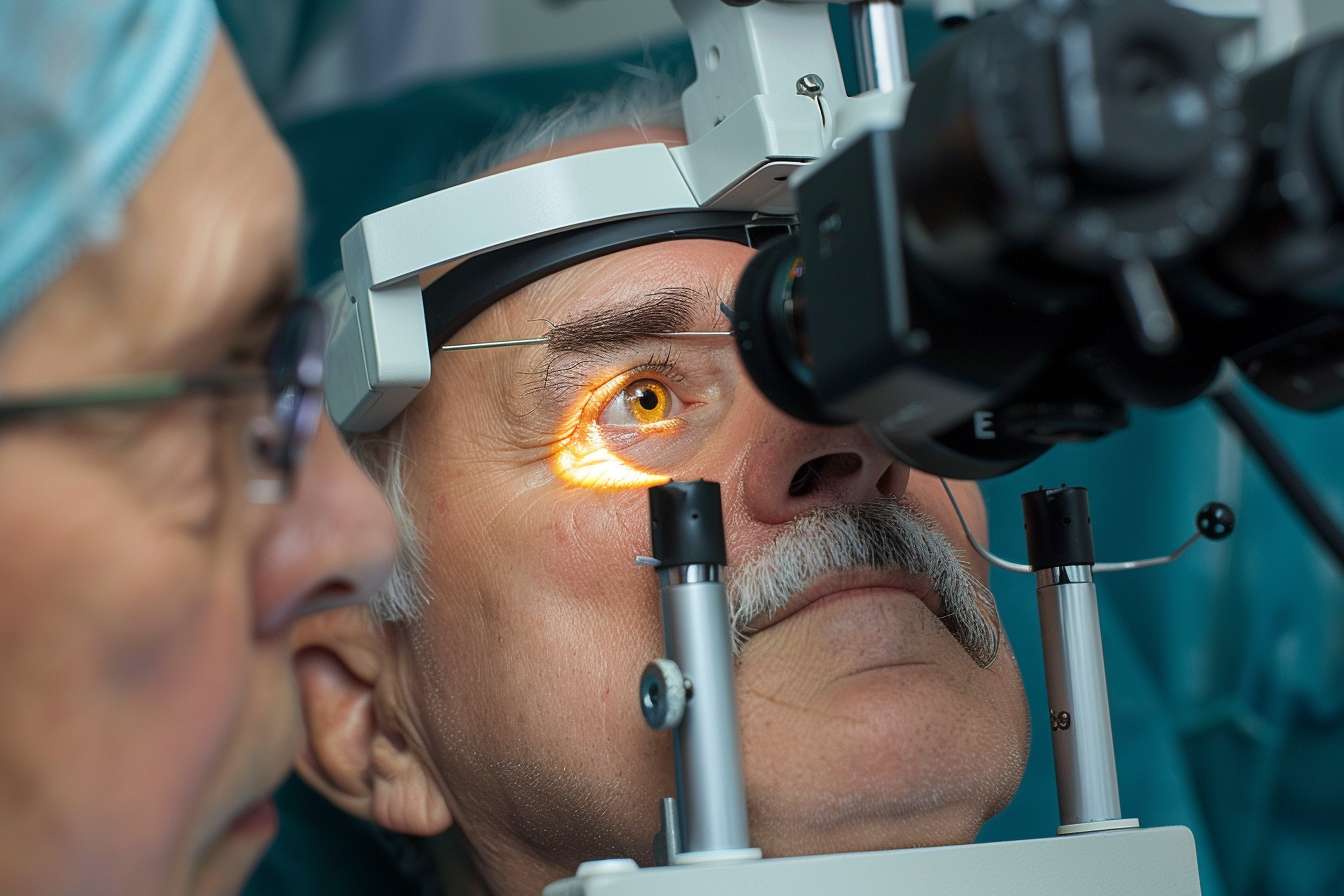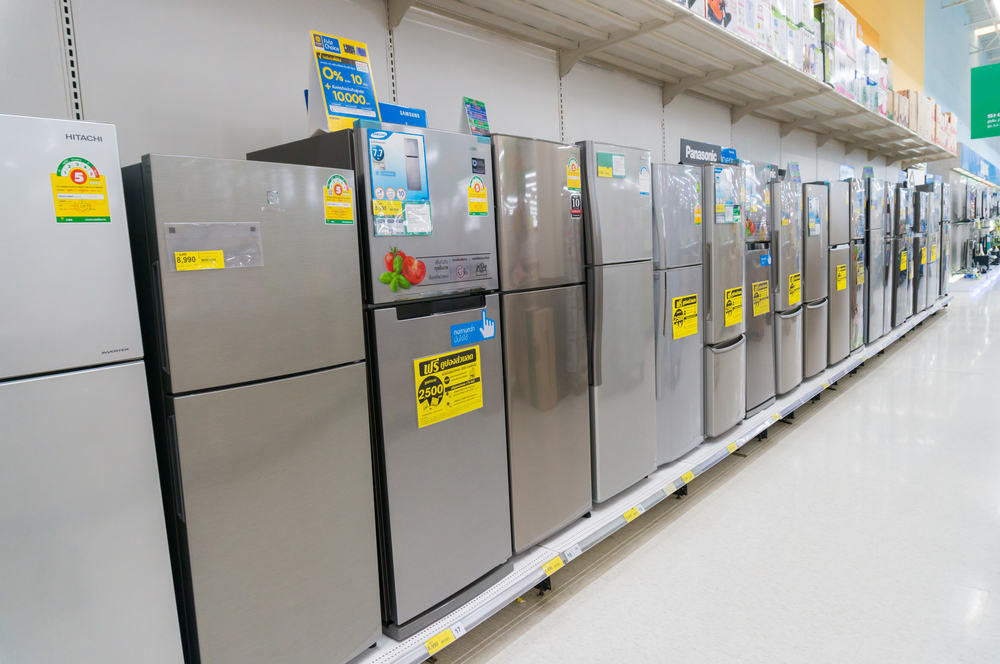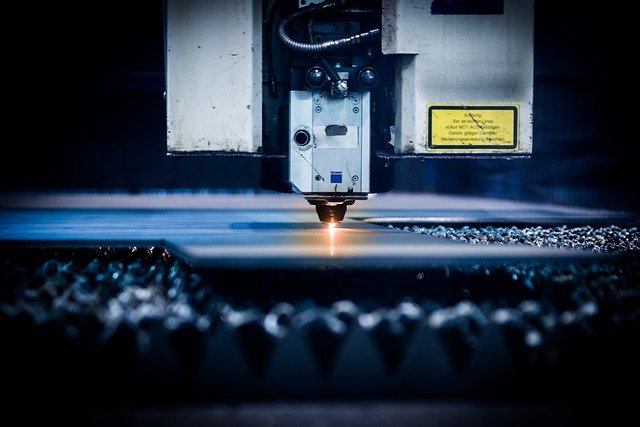Upgrade Your Coffee Experience: Choosing the Best Coffee Machines for Every Need
Looking to upgrade your morning cup of joe? A high-quality coffee machine can make all the difference. Whether you prefer the rich flavors of espresso or the convenience of single-serve coffee makers, there are numerous options available. Espresso machines are perfect for those who love strong, concentrated coffee, while commercial coffee machines cater to busy offices and cafés with their heavy-duty capabilities. Single-serve machines offer a quick and effortless brewing process, and pod coffee makers provide convenience and a variety of flavors. The market is filled with top-rated coffee machines, so make sure to read reviews and compare features to find the perfect addition to your kitchen. Happy brewing!

Coffee enthusiasts know that the right machine can make all the difference between an ordinary cup and an exceptional brewing experience. As home coffee culture continues to evolve, manufacturers offer increasingly sophisticated options designed to meet diverse needs, from quick convenience to professional-grade quality. Understanding the landscape of available machines helps you identify which features matter most for your specific situation.
What Makes Espresso Machines Special?
Espresso machines stand apart from other coffee makers due to their ability to force pressurized hot water through finely ground coffee, creating the concentrated, rich shots that form the foundation of lattes, cappuccinos, and other specialty drinks. These machines typically operate at nine bars of pressure, extracting oils and flavors that standard brewing methods cannot achieve. Manual espresso machines offer complete control over the brewing process, appealing to purists who enjoy the ritual and precision of pulling shots by hand. Semi-automatic models provide pressure automation while allowing users to control grind size, tamping pressure, and extraction time. Fully automatic espresso machines handle most variables with the push of a button, making them accessible to those who want café-quality results without extensive training. Super-automatic versions grind beans, tamp grounds, brew espresso, and even froth milk automatically, representing the pinnacle of convenience for home baristas.
How Do Commercial Coffee Machines Differ?
Commercial coffee machines are engineered for high-volume production, durability, and consistency across hundreds of daily brewing cycles. Unlike residential models, commercial units feature larger boilers, more powerful heating elements, and reinforced components designed to withstand continuous operation in demanding environments like cafés, restaurants, and offices. These machines often include multiple group heads, allowing baristas to prepare several drinks simultaneously while maintaining temperature stability. Commercial espresso machines typically use rotary pumps rather than the vibratory pumps found in home models, providing quieter operation and longer service life. Build quality reflects professional standards, with stainless steel construction, commercial-grade portafilters, and easily serviceable parts that can be quickly replaced during busy service periods. Many commercial models also integrate with water filtration systems and offer programmable shot volumes to ensure consistency across different operators.
Why Choose Single Serve Coffee Machines?
Single serve coffee machines address the needs of individuals and households where coffee consumption varies throughout the day or where different preferences exist among users. These systems brew one cup at a time, eliminating waste from full pots that sit on warming plates and lose freshness. The convenience factor appeals to busy professionals who need quick preparation without cleanup beyond discarding a used capsule or pod. Single serve machines heat water rapidly, often producing a cup in under a minute from a cold start. Many models accommodate various cup sizes, from espresso-style shots to travel mug volumes, providing flexibility for different occasions. The variety of available flavors and roasts in pod format allows users to experiment with different coffee styles without purchasing full bags of beans. However, the per-cup cost typically exceeds traditional brewing methods, and environmental concerns about pod waste have prompted manufacturers to develop recyclable and compostable options.
Are Pod Coffee Makers Worth Considering?
Pod coffee makers represent a specific category within single serve systems, using pre-packaged, sealed containers of ground coffee. The primary advantage lies in consistency—each pod contains a precisely measured amount of coffee, ground to an optimal size for the machine’s brewing parameters. This eliminates variables like improper measuring or stale coffee from opened bags. Pod systems require minimal maintenance compared to traditional machines, with no permanent filters to clean or coffee grounds to dispose of beyond the pod itself. The closed system design prevents contact with coffee oils that can build up and affect flavor in other machine types. Brand ecosystems have expanded significantly, with major manufacturers offering hundreds of varieties including flavored coffees, teas, hot chocolate, and even cold brew concentrates. Cost considerations remain important, as pod prices typically range from significantly higher per serving compared to buying whole beans or ground coffee in bulk. Reusable pod options exist for most systems, allowing users to fill their own coffee while maintaining the convenience of the pod format.
Which Coffee Machines Receive Highest Ratings?
Consumer ratings reflect multiple factors including brewing quality, reliability, ease of use, and value for money. Espresso machines from established manufacturers consistently receive strong reviews when they balance user-friendly features with quality construction. Drip coffee makers that maintain optimal brewing temperatures between 195-205°F and complete extraction in four to eight minutes tend to earn recognition from coffee organizations and consumer testing groups. French press and pour-over systems, while manually operated, receive praise for the control they offer and the clean, nuanced flavors they produce. Cold brew makers have gained popularity for their ability to create smooth, low-acid concentrate that can be stored and diluted as needed. Ratings often highlight specific features like programmable timers, thermal carafes that maintain temperature without continuing to cook coffee, built-in grinders that ensure fresh grounds, and intuitive interfaces that simplify operation. Durability and warranty support significantly influence long-term satisfaction, with machines backed by responsive customer service maintaining higher ratings even when minor issues arise.
Understanding Your Coffee Machine Investment
Selecting a coffee machine involves balancing initial costs against long-term value and daily satisfaction. Entry-level drip coffee makers start around modest price points and serve households with straightforward brewing needs. Mid-range machines incorporating features like thermal carafes, programmable settings, and better temperature control typically cost more but offer improved flavor and convenience. Espresso machine pricing varies dramatically based on automation level and build quality, with manual models beginning at lower price points while super-automatic systems with integrated grinders and milk frothers can represent significant investments. Single serve pod machines generally fall in the affordable to moderate range for the unit itself, though ongoing pod costs accumulate over time. Commercial-grade equipment designed for home use bridges the gap between consumer and professional markets, offering durability and performance at premium prices. Considering cost per cup over the machine’s expected lifespan provides perspective—a higher initial investment in a quality machine that brews excellent coffee for years may prove more economical than repeatedly replacing inexpensive models. Maintenance costs, including descaling solutions, replacement filters, and occasional repairs, should factor into total ownership calculations.
Making Your Coffee Machine Decision
Your ideal coffee machine aligns with your daily habits, space constraints, and coffee preferences. Consider how many cups you typically brew, whether you prefer espresso-based drinks or standard coffee, and how much time you want to invest in the brewing process. Space availability influences machine size, particularly for espresso systems with separate grinders and milk frothers. Evaluate whether convenience or control matters more to you—automated systems save time but offer less customization, while manual methods require more involvement but reward users with tailored results. Think about who else will use the machine and their comfort level with various brewing techniques. Environmental considerations may guide you toward machines that use reusable filters and avoid disposable pods. Reading reviews from users with similar needs and preferences provides practical insights beyond manufacturer specifications. Testing machines in stores or through generous return policies allows hands-on evaluation before committing. Ultimately, the right coffee machine is one you’ll use consistently and enjoy operating, transforming your daily coffee ritual into a source of genuine pleasure rather than just caffeine delivery.




